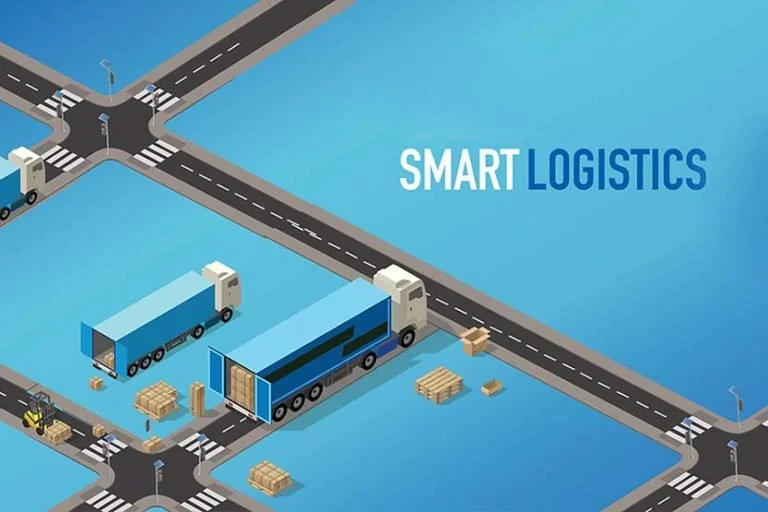Three Advancements in Smart Logistics Worth Watching
As seen in Supply Chain Brain. Click here for article.
Since the early 2000s, logistics, freight and delivery companies have been outfitting their fleets with GPS systems to monitor the location, movement and status of their vehicles. But for many companies, GPS tracking is where the technological aspect of logistics begins and ends. They’re investing heavily in monitoring vehicles and reacting to “what happened.” What they fail to realize is that true success is about the collection of data to predict the future, mitigate risks, and avoid adverse outcomes altogether.
Intelligent logistics is becoming a vital aspect of quality management and customer satisfaction for many businesses, including trucking companies, freight forwarders, state and city vehicles, home services, waste management and local delivery. The technology is helping them to operate smarter and better. The very best excel at predicting future behavior. Through the use of “business prognostication,” they can utilize assets more strategically, and flourish in a highly competitive marketplace.
Here are three ways that intelligent logistics is advancing these industries:
The advent of smart vehicles and drones in delivery.
One of the biggest and potentially most important innovations in intelligent logistics is development of the delivery drone. The immediate benefit of drones is faster delivery of consumer products from major retailers such as Amazon.com, Sam’s Club and Whole Foods. Even more impactful, however, is the potential for drones to help developing societies — which have missed out on decades of infrastructure development — to participate in global commerce, and open up new markets.
Smart logistics in fleet management.
Smart logistics and Internet of Things (IoT) technology are making fleets more efficient. They go well beyond making sure that the driver is on time and performing safely, or knowing where the trucks are. Smart logistics technology can help to identify the fastest route to avoid traffic, ensure the quality of the delivery, and process payment at the time of service. The result is less fuel consumption and fewer accounts receivable. The technology not only monitors drivers’ performance — whether they’re on the phone, eating or dozing off — but also all four sides of the vehicle. DHL, for one, has implemented heartrate monitors to prevent operators from falling asleep while working in its warehouses.
In the waste-management industry, IoT sensors make it possible to notify trucks in real time about the most fuel-efficient routes, as well as tell drivers which dumpsters need to be emptied immediately and which can be left until the next day. Carting companies can cut down on excess labor and fuel expended when a truck stops at a bin that isn’t full. IoT data collected in real time increases operating efficiency, and helps companies to become more competitive overall.
Smart cities advancing through MaaS.
Major cities are engaged in a constant effort to attract more residents and visitors to their streets. Tourism and commuting are a huge part of logistics for true “smart” cities. Mobility as a Service (MaaS) is a means of deploying IoT technology to make commuting and traveling through a city simpler. MaaS is starting to pick up steam worldwide, specifically in Scandinavia. Utilizing IoT logistics technology, the municipality offers a pass that functions as a one-stop shop for transportation. It can be applied to multiple methods of transport, including bus, taxi, ride share, bike share, train and even scooter rentals. The app tells the user how to reach a desired destination, by way of the most efficient combination of modes. The idea is to allow the commuter to access multiple modes of transport from a smartphone for one total cost.
Through the use of MaaS, everyone can become more efficient and use the best technologies to limit the number of cars, traffic and congestion that make working in a city a challenge. In the case of tourists, the app offers a simple solution that makes them feel safe, comfortable and confident while traveling through any city.
Companies that employ these intelligent logistics technologies within their fleets will have fewer safety concerns and employee-compensation claims, as well as more satisfied customers. Looking ahead, intelligent logistics will continue to advance through the use of autonomous vehicles, including drone deliveries, cargo ships, trains and trucks. And MaaS, or some version of it, will begin to take hold in big cities. Through the collection and use of IoT data, users of the technology will have the opportunity to go beyond just being good at logistics, and become great.

